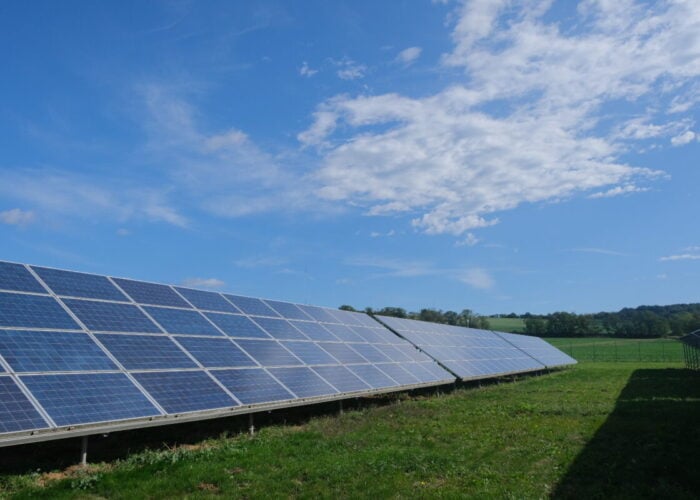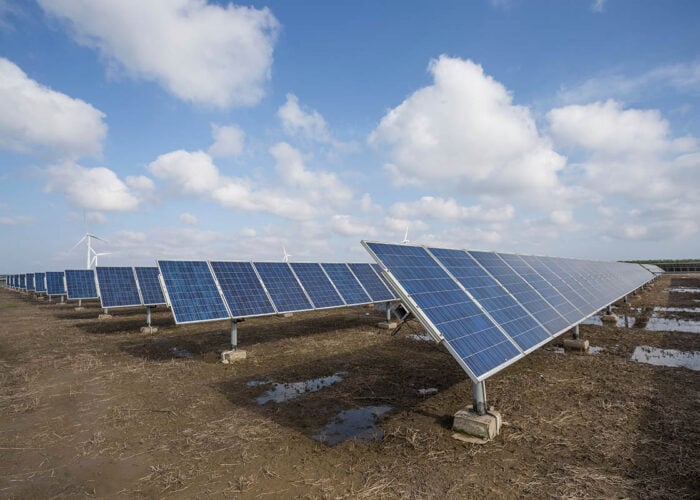
Irish renewable energy developer DP Energy has sold permission to develop a 325MW solar project in Canada to the City of Medicine Hat in south-east Alberta.
DP Energy first secured development rights for the Saamis Solar Park in 2017, acquired a development permit in 2021 and secured approval from the Alberta Utilities Commission (AUC) in July 2024. The following month, the City of Medicine Hat announced plans to acquire permits for the project, and to continue development, as part of the city’s plans to accelerate its contributions to the clean energy transition.
Unlock unlimited access for 12 whole months of distinctive global analysis
Photovoltaics International is now included.
- Regular insight and analysis of the industry’s biggest developments
- In-depth interviews with the industry’s leading figures
- Unlimited digital access to the PV Tech Power journal catalogue
- Unlimited digital access to the Photovoltaics International journal catalogue
- Access to more than 1,000 technical papers
- Discounts on Solar Media’s portfolio of events, in-person and virtual
Initially, DP Energy made plans to commission the project in phases, with the first phase to deliver 75MW of capacity. While the company described the project as “ready-to-build”, the City of Medicine Hat noted that it would have to apply to the AUC for “an amendment to the existing project approval” regarding the commissioning phases.
Rochelle Pancoast, managing director of energy, land and environment at the city, stressed that construction at the project will not begin imminently, saying “we’ve only acquired the opportunity” to develop the project. The city also announced that it “remains fully committed to our gas-fired generation assets. However, Pancoast noted that directly owning and operating the project could bring benefits for the city.
“Amongst the many benefits of gaining control of this project is that electricity generated from the solar field will flow to the city’s distribution grid, rather than bypassing to the Alberta grid as originally planned, bolstering our local energy supply,” said Pancoast. “Having green power to offer can help attract and retain carbon-intensive industry and other investment, as well as reduce our own carbon compliance costs.”
The city also noted that acquiring more renewable energy generation will help deliver savings under Canada’s carbon tax, where companies producing carbon dioxide are subject to additional taxes for emissions.
The taxes stand at C$80 (US$56.3) per tonne as of April 2024, and are set to increase to C$170 per tonne by the end of the decade. The City of Medicine Hat estimates its renewable energy facilities currently save the city C$1.5 million in eliminated carbon taxes, and expects this to increase to C$2.4 million by 2027.
The news follows Universal Kraft Canada Renewables’ raising of a US$15 million credit facility to support the development of a 1.7GW solar project in Alberta, as interest in solar deployments grows in the province.







